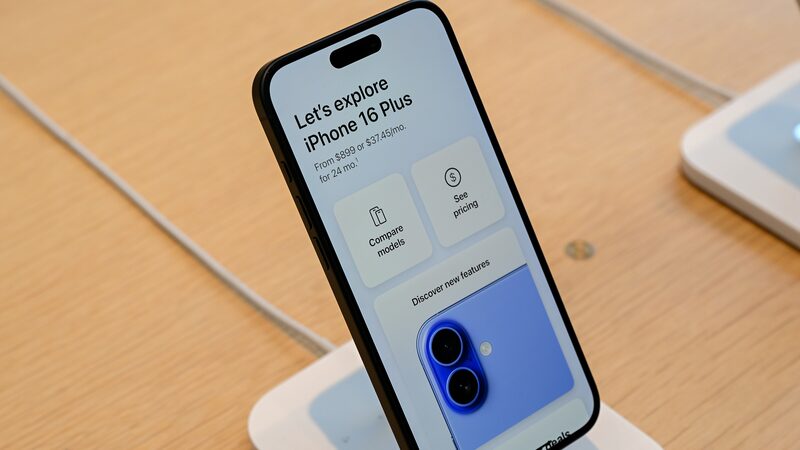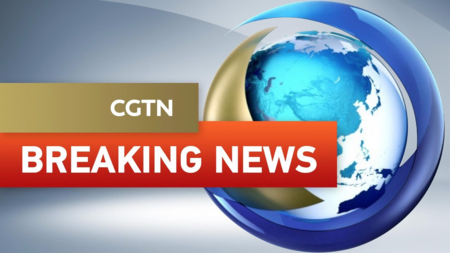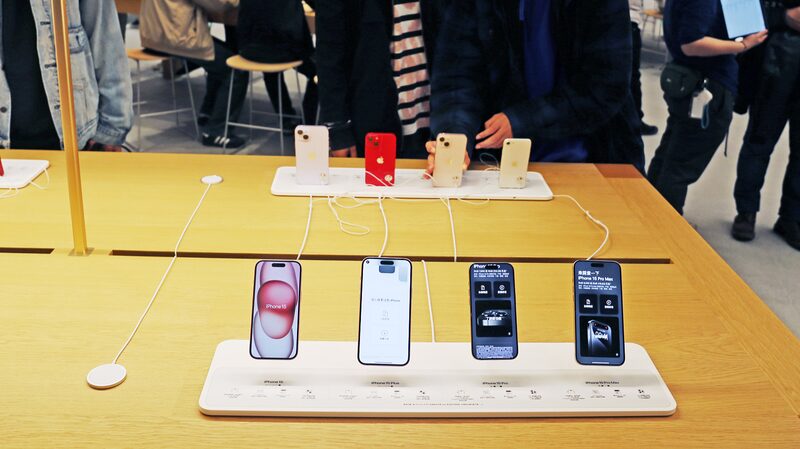Apple's latest release, the iPhone 16, has hit a roadblock in Indonesia. 🇮🇩📱 The tech giant's newest smartphone won't be available for sale in the country because it didn't meet Indonesia's local content regulations.
Indonesia's Ministry of Industry mandates that smartphones sold domestically must contain at least 40 percent locally manufactured components. Unfortunately, Apple's iPhone 16 fell short of this requirement, leading to the government's decision to block its domestic sale.
\"Imported iPhone 16 hardware cannot be marketed in the country because Apple Indonesia has not fulfilled its investment commitment to secure local content certification,\" said Febri Hendri Antoni Arief, a spokesperson for the ministry.
However, there's a silver lining for Apple fans. 😕 Individual users can still purchase the iPhone 16 abroad and bring it into Indonesia, provided they pay the necessary import taxes.
Apple has yet to respond to the ministry's announcement, leaving many curious about their next move in this significant market.
Indonesia, known for its large and tech-savvy population, is a vital target for tech firms seeking growth opportunities in Southeast Asia. During Apple CEO Tim Cook's visit in April, Industry Minister Agus Gumiwang Kartasasmita expressed hope that Apple would increase its local content by partnering with Indonesian firms.
While Apple doesn't have manufacturing facilities in Indonesia, the company has invested $101.8 million in local app developer academies since 2018 to support the nation's tech talent.
Currently, Chinese company OPPO and South Korea's Samsung dominate Indonesia's smartphone market, leading sales in the first quarter of 2024, according to research firm IDC. 📊📈
With the Indonesian market being so crucial, it'll be interesting to see how Apple navigates these local content challenges moving forward.
Reference(s):
Apple's iPhone 16 blocked from Indonesian market over local parts rule
cgtn.com





